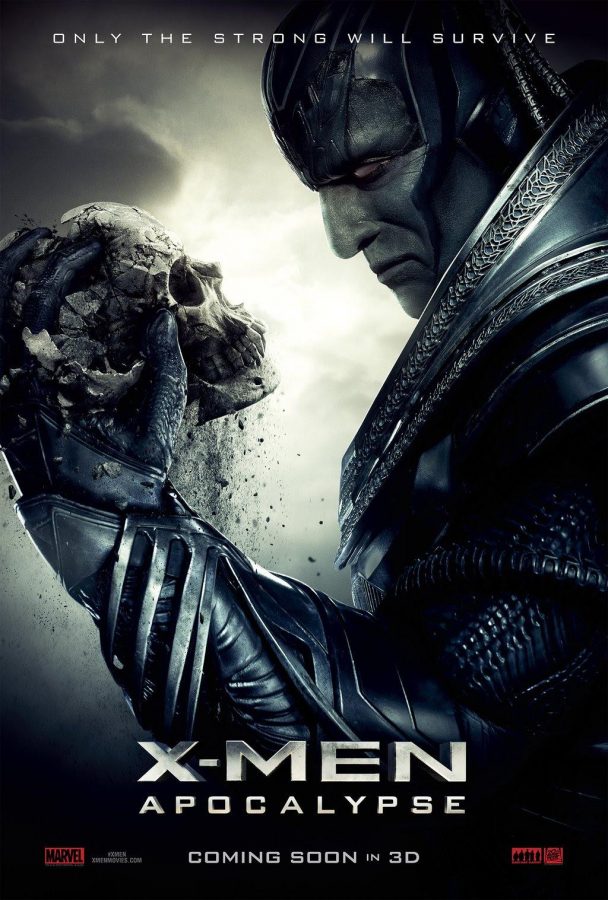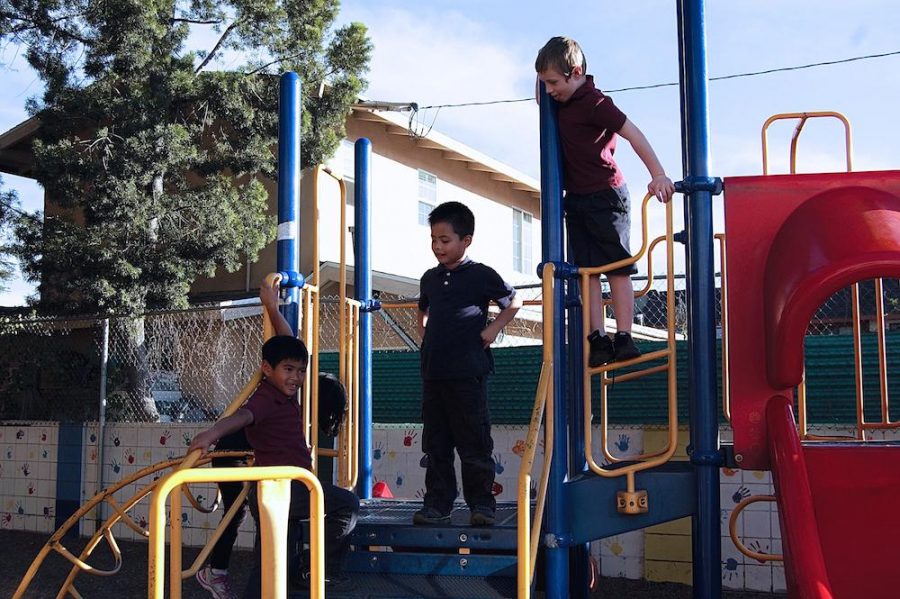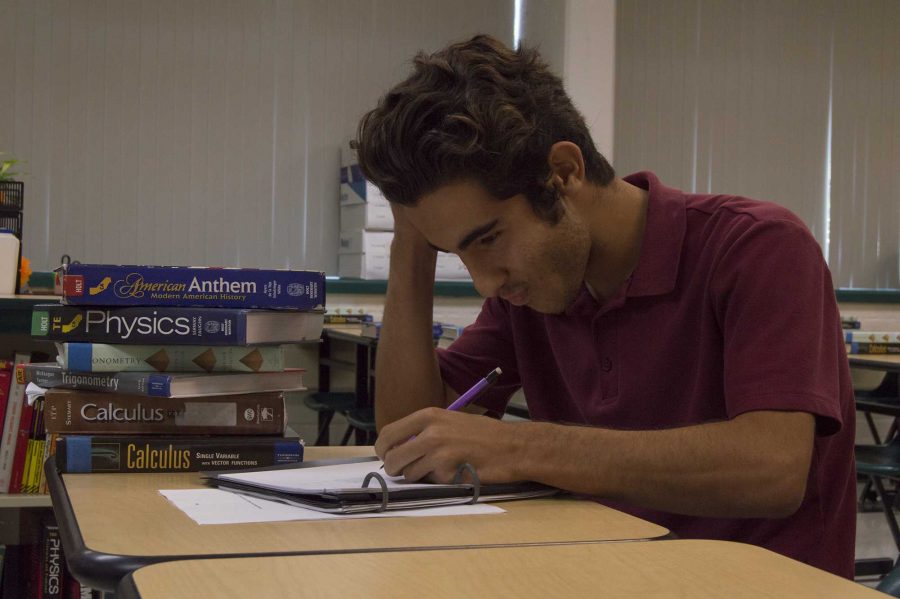(November 19, 2001) — Since the terrorist attacks in September on the Twin Towers, social awareness has gone up, and there has been a lot of talk amongst the students at Clark. Many professed their undying patriotism to their country, and others denounced the measures President George W. Bush was taking in retaliation. Still more claimed pacificism while the rest came out of the closet as war-mongers, hollering “love it or leave it”—the same infuriating cry from the Vietnam era— to anyone with a hint of anti-war sentiment. But the real issue is not the subject of these talks—it’s the talk itself. Many students express their views in class discussions, presentations and with their circle of friends, but the school has yet to see real action. Putting up posters and contacts to the Red Cross is a good effort to get people involved, but from the passionate tone on campus, one would think that political activism among high school students wouldn’t end with posters in the hallways. Maybe this silence means that students are more concerned with looking intelligent in their class for brownie points with teachers and in all honesty do not care about national matters, or because they don’t want to look like they care too much for fear of being ridiculed by their friends. History also may play a large role in the stillness among students; they learn about the treatment many protesters receive from the majority. Often times, peaceful gatherings encounter violence from the opposing side or even find themselves the victims of police brutality, as anyone who knows about the April 30, 1968 Columbia University protest, the April 4, 1985 Cornell demonstration and the sit-ins during the 60s can attest to. Those who hold unpopular views are subject to attacks on their character and credibility. But for whatever reason, student activism hasn’t risen even though voices continue to ring louder within the walls of classrooms. Talk is great; it allows for a strong foundation and calls for a wide variety of opinions, whether it comes from Democrats or Republicans, patriots or radicals. Talk starts things, but actions need to follow the beliefs that students hold. It is not enough for one to state that everyone should join in the war effort at school, then go home and spend his time playing computer games, or for anti-war students to insult their patriotic peers and then go to the store to buy a flag for their parents. Pro-war students should at least hold a rally in support of the soldiers who are overseas, and adamant pacifists should at least be protesting the inhumane prospects of war. Many teens complain that adults are not treating them with the respect that should be shown to the future leaders of the country, but when the “future leaders” do nothing but talk, it’s hard to take them seriously.
Categories:
Action needed to validate arguments
February 5, 2010
More to Discover








